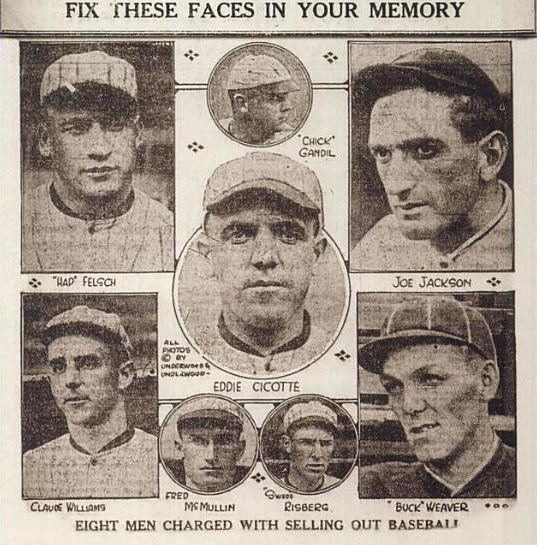Lockwood and the Water-Gate Scandal
First mentioned in Avery Dudley's "An Essay on the Status of the Negro" in passing, people became interested in the possibility of Lockwood's first victory being rigged. When interviewed by the press, Dudley cited Shawn Gallenger's
Treatise of the Americas, Volume III (which is notably hard to read; Reimer famously claimed that it makes "Marx's
Kapital look like a New England primer"). Within days of investigation, the people and the press "concluded" that Lockwood and the Equalists did agree to the withdraw of federal troops from the South in exchange for enough electoral votes for a victory. Lockwood's historical popularity dropped significantly (though more about corruption than about the result on the Negro population). Defenders cited the Anti-Racism Act of 1885 as proof that Lockwood did not completely renege on the Equalists' promise of equality; meanwhile, some, like Dudley, claim that Reconstruction was already dead by the time of Lockwood's election.
While the majority of people call the scandal the Lockwood Scandal, many also call it the Water-Gate scandal, after the two main arbitrators of the deal: Marcus Water (of the Democrats) and Carl "Cricket" Gate (of the Equalists). Thus began the infamous tradition to coming up with scandal names by adding "-Gate" to things, such as...
Baseball-Gate, Series-Gate, Sox-Gate, Rothstein-Gate, etc.
The 1919 World Series concluded with the Cincinnati Crimsons (formerly the Reds; the name was changed in wake of the Wilson Red Scare) winning 5 games, while the Chicago White Sox won 3. The game itself, however, was overshadowed by a scandal (which as one could see, came with many names). There, several White Sox players conspired to intentionally lose, in order to earn money from gamblers. These players were caught and, though they were acquitted in court, they would be banned for life from playing baseball.
Among the participants in the conspiracy was Jewish mobster Arnold Rothstein. As a professional mobster, he was adept at covering his tracks such that he was untoucable by the police. However, in this case the police were able to track him on counts of tax invasion (thanks in part due to the Tax Reform Act of 1919, which mandated the inclusion of "illegal income" when doing taxes). However, before he could be arrested, Rothstein was found dead in his swimming pool, presumably a case of suicide. These events would inspire F. Scott Fitzgerald to write
The Great Gatsby in 1925.
OOC Notes:
- The Lockwood/Water-Gate Scandal is inspired by the Compromise of 1877, where federal troops were removed from the South in exchange for Rutherford B. Hayes becoming President.
- I was inspired to mention the 1919 World Series after reading The Great Gatsby
. However, both the fixing (known OTL as the Black Sox Scandal) and Rothstein were real.
- Questions for RT: 1. Can we make fictional political parties? and 2. Is the "Equalist" monkier a reference to The Legend of Korra
?






